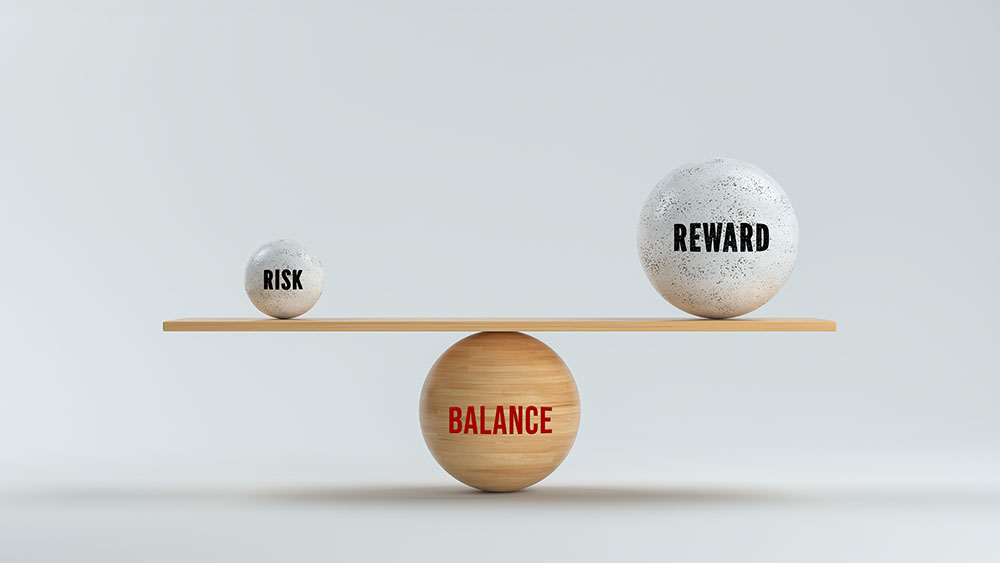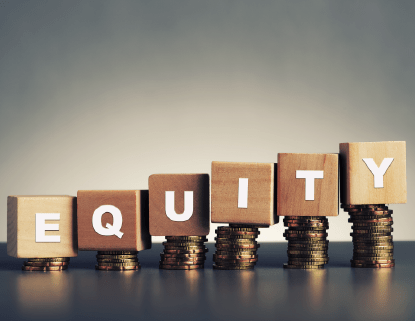
Top 5 Things To Consider When Planning Early Retirement
By RWML
If you’ve been re-evaluating your life as of late and even started thinking about planning for early retirement, then you’re in good company as many people are diverging from set career and life paths. No longer interested in the traditional retirement planning, more people, especially millennials, are exploring early retirement scenarios, including the Financial Independence, Retire Early (FIRE) movement.
While FIRE’s inherent frugal structure isn’t for everyone, it does pose the interesting idea that more people are taking control of their lives, including when they want to retire. Here are our top five areas to consider if you’re one of the many planning to FIRE up your futures:
1. How Early?
This is subjective, as some may have started saving in their early 20s, and some in their later years. According to this CNBC article, putting aside money each month for retirement in your 20s is ideal, but it cautions against waiting beyond your early 40s as you’ll need time for your money to grow sufficiently. The time horizon for retirement planning will determine how much you need to save each month.
2. How Much?
This brings us to the crux of your retirement goal: the money. How much money should you allocate for your retirement budget, especially if you want to retire early? The best place to start is, you guessed it, with a budget.
Look at your current lifestyle and income streams and make a list of your retirement needs and wants and how much you can save for retirement. Don’t forget to factor in supplemental income sources you will receive during your retirement, such as an occupational pension, NIS, rental income etc.
A comparison of your overall funds to your retirement goals will help you get a holistic picture of your finances so you can tweak your vision to suit your future lifestyle. You want to know now if your retirement budget will accommodate your Bucket List goals.

3. How Exactly?
Even though forecasting the future may seem difficult in changing times, asking yourself simple questions about your immediate needs can help shape your early retirement plan. For e.g., Do you need to pay off a mortgage or continue paying rent? If yes, how will that affect your retirement fund? What’s the minimum and maximum you are comfortable saving for retirement?
Another great way to find out exactly how much you need to save now is by using one of our financial calculators. An Investment Calculator can help you define your goals, determine your level of risk and give you the time horizon it will take to accomplish your desired plan.
The key takeaway is to focus on your current lifestyle and create a flexible savings plan with the goal of updating it regularly to match economic changes and your retirement objectives.

4. How Risky?
Before deciding on the early retirement route, you should consider the associated risks of living off your retirement savings at a younger age. Early retirement means possibly shortening the period in which your savings can mature, which may not be a good thing. Retirement plans like deferred-annuity funds benefit from the gift of time as capital growth increases the longer you contribute.
Another potential drawback is a surprising psychological one. For people over 60, there are special retirement preparation classes that most employers offer to help ease their transition. Early retirees may be less prepared to deal with this lifestyle shift, which may take a mental toll.
Notwithstanding, sometimes life is worth the risks, but make sure to examine all the possibilities before plunging into potentially FIRE-y depths.
5. How Rewarding?
As the saying goes, ‘no risk, no reward,’ and it bodes especially true for anyone wanting to retire early. Early retirement may be risky but getting fired up about retirement before your retirement age is always a sure move.
Another interesting concept of FIRE is, giving up a regular job does not mean the end of earning an income. Anyone who retires early leaves room for starting a business or consultancy if they choose to.
It all comes down to the freedom of choice.
Contact
- invest@rfhl.com
-
868-625-3617
Ext. 69919, 69914, 69913, 69911, 69903, 69918 - #8 Rapsey Street Ellerslie Plaza, Maraval. Trinidad and Tobago.
-
For Financial Statements
868-625-3617
Ext. 69907, 63390
©2026 - Republic Wealth Management Limited | All rights reserved
